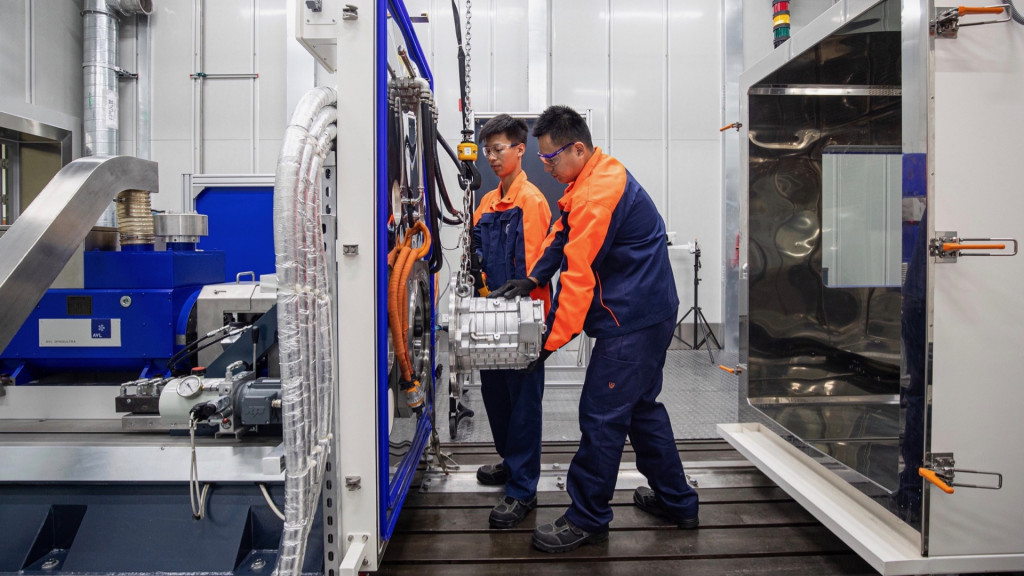Volvo on Monday announced a dedicated electric-motor lab in Shanghai. In combination with an existing center in Gothenburg, Sweden, this will allow future motor development to be done in-house, the automaker said in a press release.
Developing motors in-house will allow work to be done in concert with other components, potentially leading to energy-efficiency and performance gains, according to Volvo.
"Through in-house design and development, we can fine-tune our e-motors to ever better levels," Henrik Green, Volvo Cars CTO, said in a statement.
Last year, Green told Green Car Reports that motors for the 2021 Volvo XC40 Recharge and 2021 Polestar 2 were developed in-house, and that the automaker intended to keep this development internal in the future.

Volvo electric-motor development
Both models are based on the same Compact Modular Architecture (CMA) platform, and share many components.
The Recharge, which is the first mass-market electric car from the Volvo brand, shows the automaker still has room for improvement when it comes to efficiency. Its EPA-rated 208-mile range is about 50% less than the rival Tesla Model Y. The Polestar 2 doesn't perform much better, with a 233-mile range.
The Shanghai motor lab became operational last month, and will initially focus on development work for electric cars and plug-in hybrids based on the new SPA2 platform.
The first model based on that platform will be the next-generation Volvo XC90 SUV, which could get an all-electric Recharge variant. Volvo is also rumored to be developing an all-electric flagship SUV—dubbed XC100 Recharge—that would sit above the XC90 in the lineup. That model isn't expected to appear until 2023 (as a 2024 model), however.
